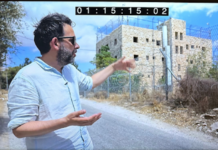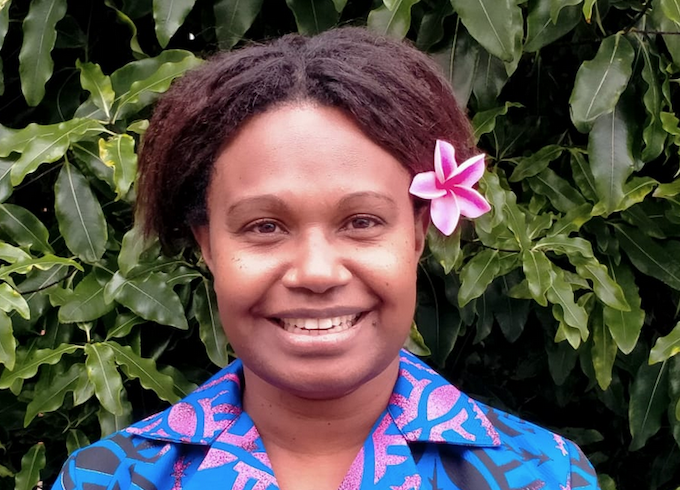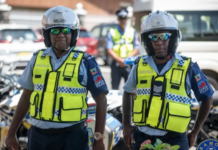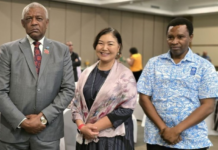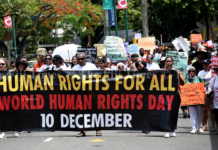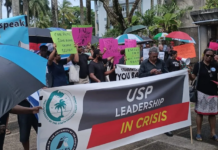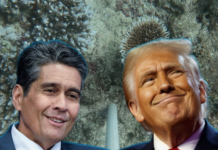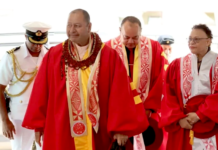By Susana Suisuiki, RNZ Pacific journalist
A ni-Vanuatu and Melanesian advocate in New Zealand says the country’s Pacific ministry has overlooked Melanesian communities in its language strategy.
In an opinion piece in E-Tagata, Leina Isno said from the consultation to the launch the 10-year Pacific Languages Strategy was a “major cultural blunder’.
The government’s Pacific Languages Strategy, launched in September, has lacked input from other Melanesian groups except Fiji.
- LISTEN TO RNZ PACIFIC: Leino Isno on Melanesian languages
- Other Melanesian language and culture reports
Isno said she understood that bigger Pacific groups such as Tonga and Samoa had been the pioneers of language revitalisation in New Zealand, but said the ministry needed to be across all Pacific groups.
“I feel that despite the strategy being comprehensive and really well laid out, I felt that it was lacking in diversity,” she said.
“When you talk about the Pacific, you talk about the real true representation of what the sub-regions mean and so in a document as such you need to include the other sub-regions so that it’s a true representation of the document.”
There are nine Pacific languages identified in the strategy with three key objectives, one of them being to recognise the value of Pacific languages across Aotearoa.
However, West Papuan advocate and student Laurens Ikinia said the strategy only seemed to value the Pacific languages that were most spoken.
“One of the arguments is that it focuses on the numbers of speakers of the language who are currently living in Aotearoa New Zealand but as a Pacific islander you cannot ignore other fanau,” he said.
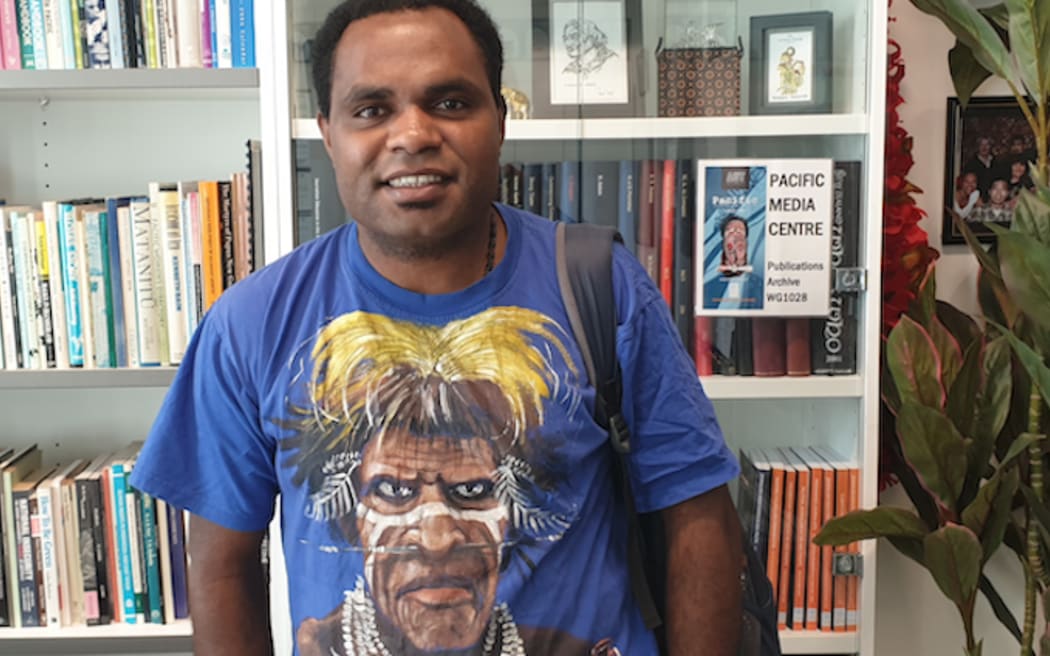
Government supports Melanesian communities, says minister
However, Minister Aupito William Sio said the Ministry for Pacific Peoples (MPP) had given more than NZ$260,000 to the Melanesian communities to support their language initiatives.
He added that it was the first time the government had delivered such a strategy and that all Pacific communities should refer to it to determine what actions they needed to take before they approached the ministry.
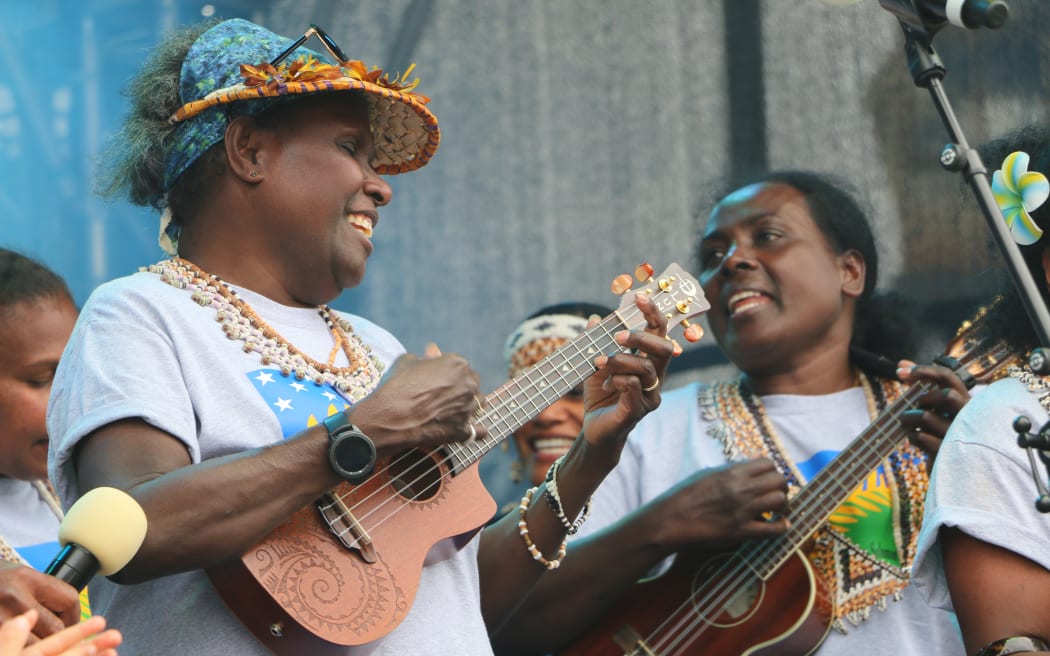
“It’s no good standing outside the tent and throwing stones – you’ve got to engage and now with the Pacific languages strategy you have the opportunity, develop your actions, engage with the Ministry for Pacific Peoples so that the ministry can continue to fund the initiatives that they see as important for their communities.”
Isno said it was the ministry’s responsibility to understand the communities needs.
“The minister had mentioned that the communities need to organise ourselves better,” she said.
“There has been the lack of the ministry recognising the needs of smaller communities to work better with them by providing key focus people so we can better our relationship.”
- The nine Pacific languages recognised in New Zealand are Cook Islands Māori, Fijian, Kiribati, Niuean, Rotuman, Samoan, Tokelauan, Tongan and Tuvaluan.
This article is republished under a community partnership agreement with RNZ.






